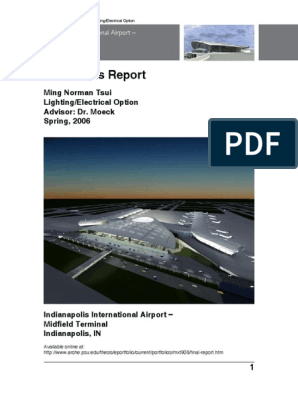0% found this document useful (0 votes)
63 views15 pagesC. Research Methods
The document outlines various research methods in psychology, including naturalistic observation, experimental methods, quasi-experimental methods, correlational methods, interviews, questionnaires, standardized tests, and case studies. Each method is described with its advantages and disadvantages, emphasizing the importance of understanding cause-and-effect relationships, associations between variables, and individual experiences. The document concludes with a note on the significance of these methods in psychological research.
Uploaded by
Adrian BulusanCopyright
© © All Rights Reserved
We take content rights seriously. If you suspect this is your content, claim it here.
Available Formats
Download as PDF, TXT or read online on Scribd
0% found this document useful (0 votes)
63 views15 pagesC. Research Methods
The document outlines various research methods in psychology, including naturalistic observation, experimental methods, quasi-experimental methods, correlational methods, interviews, questionnaires, standardized tests, and case studies. Each method is described with its advantages and disadvantages, emphasizing the importance of understanding cause-and-effect relationships, associations between variables, and individual experiences. The document concludes with a note on the significance of these methods in psychological research.
Uploaded by
Adrian BulusanCopyright
© © All Rights Reserved
We take content rights seriously. If you suspect this is your content, claim it here.
Available Formats
Download as PDF, TXT or read online on Scribd
/ 15
































































